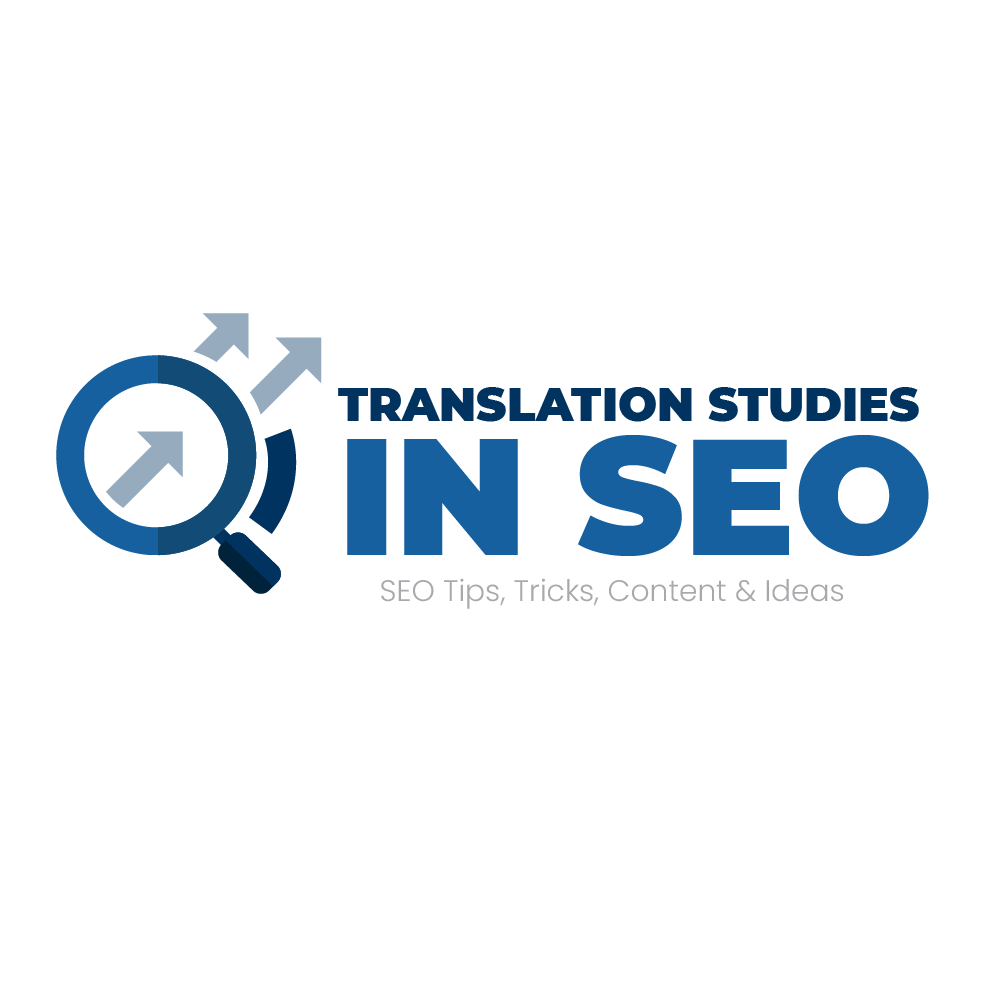
One way to optimize your web site is by using the power of relevant keywords. Search engines use the contents of webpages to determine relevancy. If keywords are present in the page’s content and page headings, they are considered a basic signal of relevance. Search engines use anonymized and aggregated data collected from users’ previous searches to determine the relevance of web pages. For this reason, your site’s content must include keywords that match the search term.
Earlier search engines heavily relied on keyword density to determine rankings, but this practice resulted in manipulation. The algorithms of today’s search engines are more sophisticated and take into account a variety of other factors. This makes it more difficult to manipulate them. The goal of search engine optimization is to improve the user experience, while still ensuring good search engine rankings. But while it may seem like a daunting task, the benefits far outweigh the downsides.
While Google remains the top search engine for most users, there are other factors to consider. User experience and engagement metrics are becoming increasingly important in Google’s ranking algorithm. By creating content that answers the questions of the searchers, you can increase your ranking with Google. Besides that, you should ensure that your pages load quickly and don’t contain distracting design elements. Aside from focusing on content, other factors that affect Google’s ranking include the quality of the page, the amount of relevant content, and the content’s relevance to the searcher’s needs.
SEO can help businesses sell more e-commerce products, increase brand visibility, and capture more TV ad traffic. Ultimately, it can reduce the costs of customer acquisition and improve the lifetime value of the customer. There are four trends that are complicating search engine optimization. A few years ago, this process required a lot of coding, but today’s software solutions make it simple and painless. You can now customize your website without having to learn any code.
In the end, search engines are looking for specific keywords to find relevant pages. You can optimize your site for multiple keywords, or target specific terms. A good keyword list focuses on your website’s overall content, while individual pages can have unique lists for each page. The search engines use semantics to understand language and search intent. To rank higher in search, you must choose keywords that your target audience will use. Various methods are available, including brainstorming, surveys, and keyword tools.
Include keywords in your URL. Title tags and meta descriptions should tell the search engine what your page is about. You can also use keywords in URL slug, which is a portion of the URL that uniquely identifies a page. These are important since the search engine refers users to specific URLs, and they are searching for specific content, not “click here.”
Search engine optimization helps improve your website’s visibility in organic search results. The higher your website ranks, the more people will find your website, thereby improving your brand name recognition and driving traffic. While search engine technology changes constantly, some SEO elements are never updated, and have been in place since the early days. In any case, SEO can benefit your business for years to come. If you haven’t implemented SEO properly, your website may not rank as high as you’d hoped.
Mobile-friendly sites have an advantage over their desktop counterparts. In addition to mobile-friendly designs, Google also ranks websites based on their pagespeed. A slow loading page can cause a visitor to leave your brand before they even finish reading your content. If the user can’t experience a positive experience, Google will see it as dissatisfied and leave the site before it even has the chance to read or engage with it.
